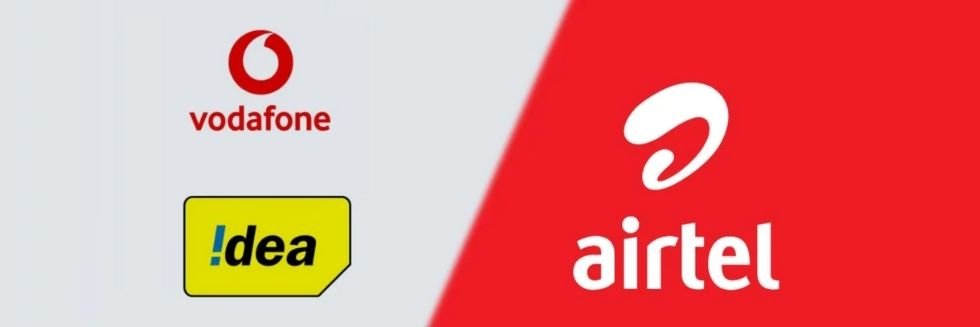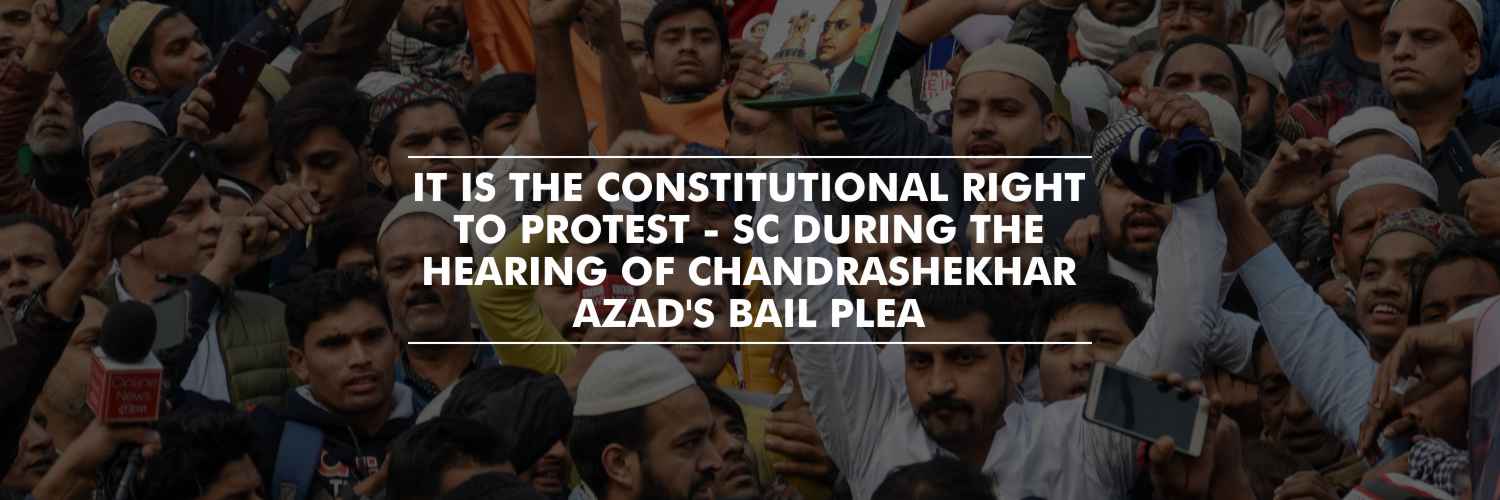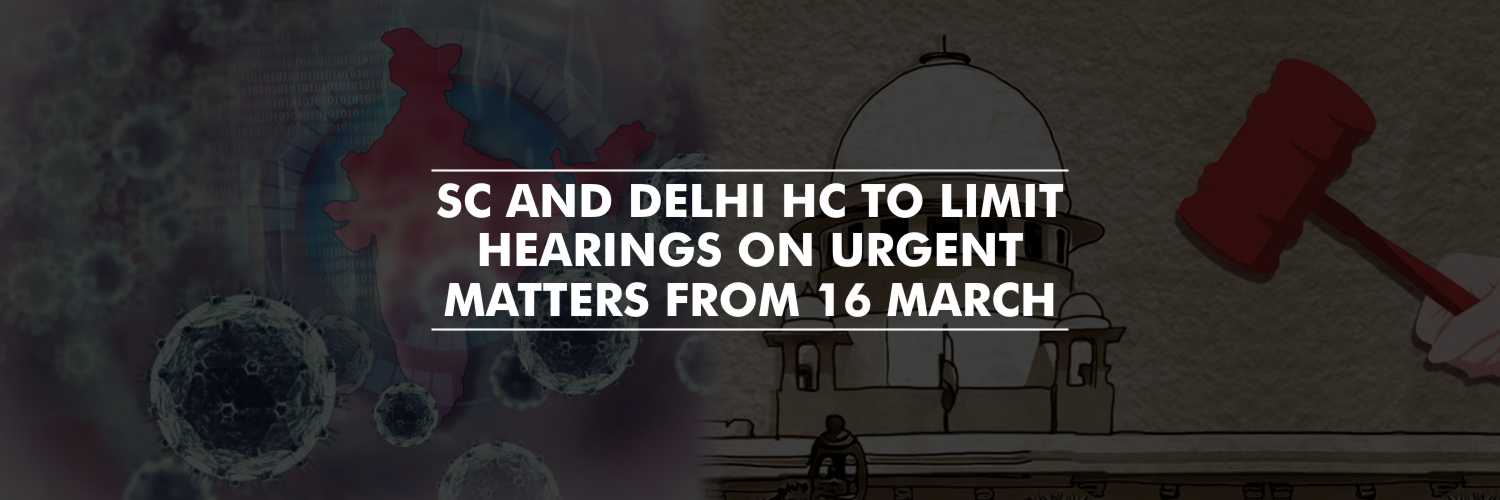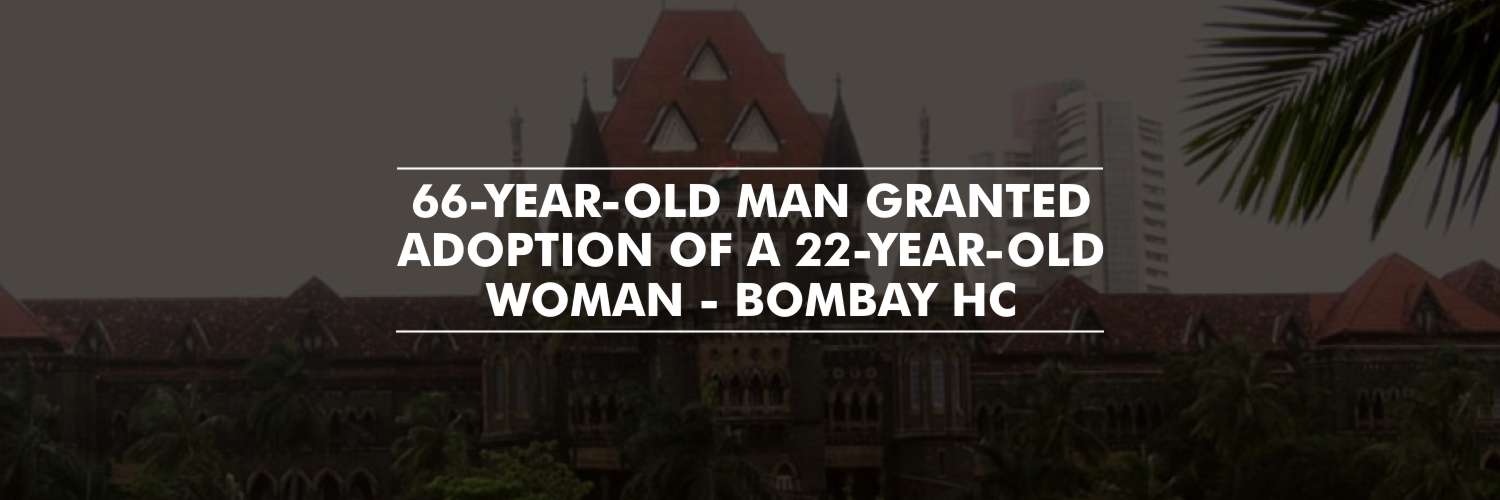Delhi High Court has emphasized on the need to cover mental illness in the insurance policies. The court noted that insurance policies cannot discriminate between physical illnesses and mental illnesses.
“All insurance companies are liable to give effect to Section 21(4) of the MHA, 2017 with effect from the date when it has come into force i.e., 29th May, 2018. Mental illnesses ought to be covered without any discrimination,” said the order issued by single judge bench of Justice Pratibha M Singh.
Justice Pratibha M Singh further stated, “mental illnesses can also be debilitating and destructive. The recent pandemic also highlights this beyond any doubt. Circumstances leading to patients requiring isolation, healthy persons being subjected to lock-downs, work from home conditions, loss of employment leading to lack of confidence for long durations have led to several mental problems. Such mental conditions need to be dealt with immediately. Availability of insurance for mental disabilities or conditions is, therefore, not only important but is an essential need.”
High Court bench further stated that it is the duty of the Insurance Regulatory and Development Authority of India (IRDAI) to fully supervise and ensure that the provision of the Mental Health Act, 2017 are implemented by all the insurance companies for the benefit of the persons who obtain mediclaim policies.
In the present matter, the petitioner was suffering from Schizoaffective Disorder and sought reimbursement for the expenses that were incurred during the treatment.
National Insurance Company Limited (NICL) allegedly rejected her claim citing the reason that healthcare policies didn’t cover psychiatric diseases. The medical claim was also rejected by the Insurance Ombudsman.
The counsel appearing for the petitioner submitted that her claim could not have been rejected as her case was clearly covered under Section 21(4) of the MHA, 2017 which provided specifically that insurance companies would not make any distinction between mental illnesses and physical illnesses.
The counsel appearing for the Insurance Regulatory and Development Authority of India submitted that there was an obligation on the insurer to cover mental illnesses. NICL counsel submitted that it had already been directed by IRDAI to pay the claim.
The court was informed that IRDAI issued new guidelines dated July 29, 2016, Guidelines on Product Filing in Health Insurance Business in connection to the mediclaim policies and how they need to be issued by the insurance companies. Subsequently, a new product that covers mental illness was launched on July 1, 2020.
Since the petitioner renewed her Healthcare Policy in May, 2020, she was bound by the terms of the Healthcare Policy availed by her, which did not include mental illness.
Scrutinizing the Mental Health Act, Justice Pratibha M Singh noted that it was IRDAI’s function to ensure that laws that were enacted for the benefit of policy holders were fully given effect to by the insurance companies.
The court further stated that the 2016 Guidelines merely prescribes the maximum time within which a new product approved by IRDAI had to be launched by the company, there was no shelter to NICL for not having implemented the provisions of the MHA 2017.
“The fundamental premise is that the non-implementation of the provisions of the MHA, 2017 for a period of two years is not permissible. Moreover, the fact that the 2016 Guidelines are being used in order to postpone the implementation of the provision of Section 21(4) of the MHA, 2017, would result in an incorrect interpretation of the Guidelines itself. Once the law has been enacted, in respect of all policies issued thereafter, the provisions ought to have been implemented by NICL and all other insurance companies,” the court said.
Holding Insurance Ombudsman’s order untenable, the court said, “The Insurance Ombudsman’s order failed to consider the fact that the MHA, 2017 recognised the rights of the Petitioner and the conclusion of the Insurance Ombudsman that the provisions of the MHA, 2017 are not relevant, is completely contrary to law and is untenable. The MHA, 2017 and the provisions thereof, are absolutely relevant for a person who was suffering from Schizoaffective Disorder. Thus, the Petitioner was entitled for reimbursement of her claim as per the provisions of the MHA, 2017.”
NICL was directed to pay Rs 25,000 to the petitioner to resort to litigation.






